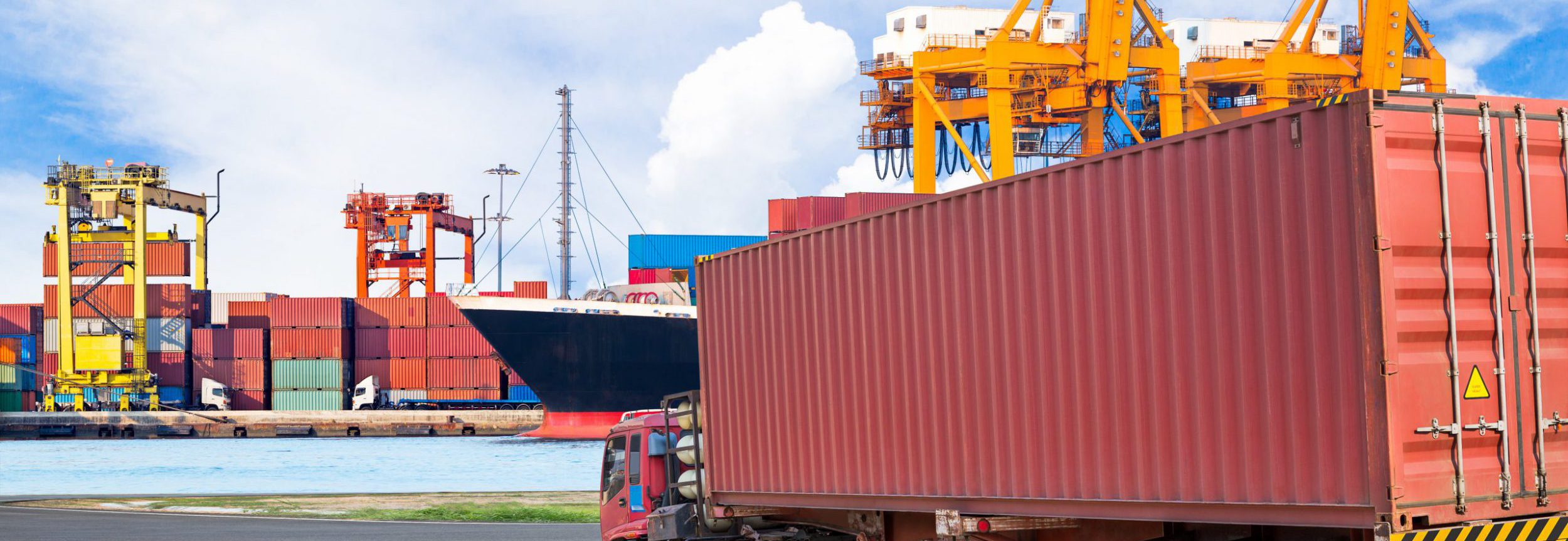The UK is currently experiencing an ongoing supply chain crisis as a combined result of Brexit and Covid-19. This supply chain crisis is impacting almost every industry, and the ONS reports that almost one in five businesses in the UK has been affected by it. Already, consumers and businesses across the UK are facing rising prices, which are reflected in the UK’s 10-year-high inflation rate of 4.2% in November 2021.
The crisis has stretched businesses to the limit and forced organisations to question long-established supply chain practices, their resilience strategy, and the capability of the technology in place (if any) to respond quickly, and cost-effectively when facing any type of disruption. “Only a small minority of organisations expect a return to business-as-usual and see no need for a change in supply chain strategy as a result of the crisis”.
Is Omicron worsening the existing supply chain crisis?
Just as things were beginning to look promising, with most Covid-19 restrictions lifted and life returning to some semblance of normality, the Omicron variant emerged. Omicron was first identified in South Africa on the 24th of November 2021, and just 8 weeks after, record high infections have been witnessed. It’s a known fact that Omicron is much more transmissible than previous strains of Covid-19, with infections having doubled in the UK every two to three days.
The rise of Omicron has demonstrated just how precarious many global supply chains are. Rising demand for supplies around the world has caused the price of shipping to more than double, with the cost to ship a 40-foot container from Shanghai to New York expected to increase from under $5,000 in 2020 to around $15,000 in 2022. As a result, experts around the world are warning of an upcoming supply chain crisis.
What is the impact of supply chain problems?
It’s easy to dismiss the impact of supply chain issues as nothing more than ‘delays’, but in reality, a supply chain crisis can have a serious impact on the lives of ordinary people around the world. For instance, the UK’s healthcare sector is facing another crisis in its supply chain. As well as struggling to obtain medical supplies needed for standard healthcare procedures, healthcare providers across the UK have had to equip personal protective equipment (PPE) for the past 18 months to minimise the risk of catching and spreading Covid-19. They’re also competing with consumers and professionals from other sectors, such as beauty, for this PPE.
If medical supplies and equipment – much of which is disposable in nature, and can’t be reused – is unobtainable, where does that leave the UK’s healthcare system? With the NHS already facing huge waiting lists and backlogs of patients whose medical care has been postponed since March 2020, the last thing that British patients need now is a shortage of medical supplies disrupting their healthcare. With PPE stocks running low, not only are medical staff more at risk of contracting Covid-19, they’re also more likely to spread it to other, potentially vulnerable, patients.
The future of the UK’s supply chain
It’s important that governments around the world take the supply chain into consideration before they act against the Omicron variant. This means empowering manufacturing and logistics staff to continue working whenever it’s safe to do so and establishing visibility over key supply chains to help identify future shortfalls and create backup plans to ease supply chain disruption in the event of further global restrictions.
With suppliers around the world still struggling to meet the increased demand triggered by the pandemic, any further setbacks caused by Omicron will only worsen the impacts the UK healthcare industry is already feeling from the Delta variant and everything that preceded it.


